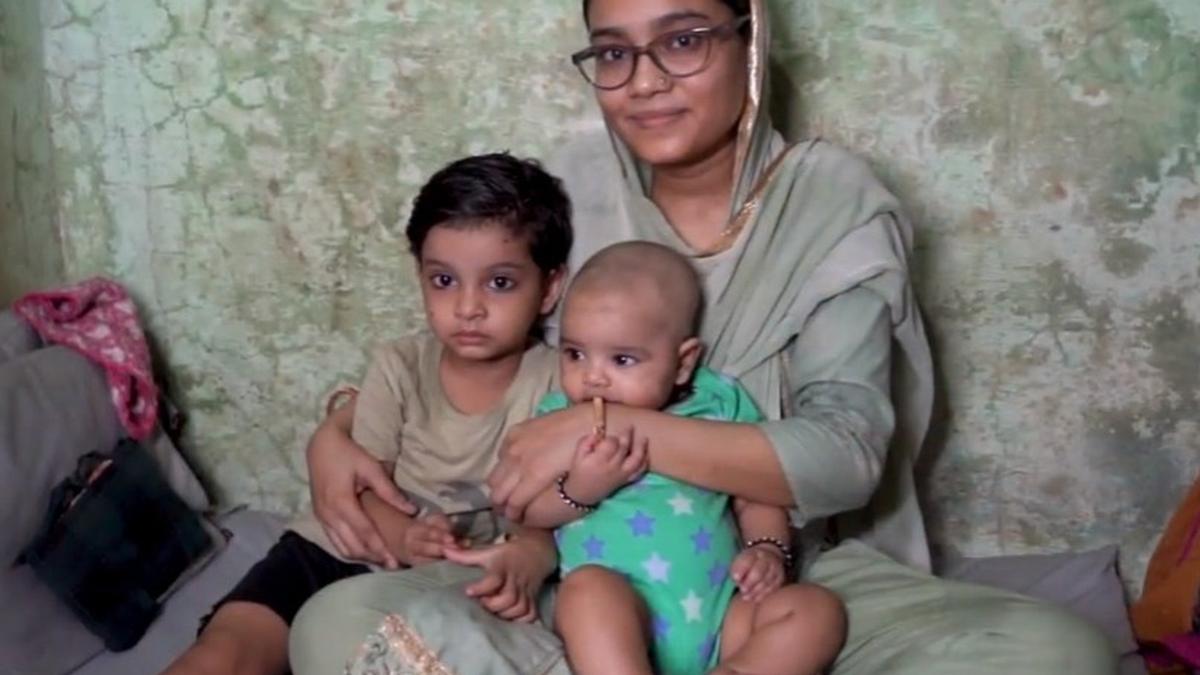
Anaemia among pregnant and lactating women down from 52% to 38% in Mumbai slums: survey
The Hindu
Survey in Mumbai's vulnerable settlements shows improved child and maternal health outcomes, highlighting nutrition counseling and reduced malnutrition rates.
A survey conducted over three years on 1038 mothers (between the age group of 25-29) of 0–5-year-old children to assess maternal and child health outcomes in urban vulnerable settlements in Mumbai reveals improvement in the status of child and maternal health.
The survey report titled, ‘Hybrid Intervention to Improve Maternal and Child Health and Nutrition (MCHN) in Urban Informal Settlements of Mumbai: Evaluation Report’ was conducted by the Society for Nutrition, Education and Health Action (SNEHA) a Mumbai-based NGO along with H.T. Parekh Foundation.
The survey was conducted on mothers living in vulnerable settlements in Mumbai’s Mankhurd, Govandi and Dharavi which included nutrition counselling and identification and referral of child malnutrition in collaboration with ICDS and health system staff.
The report highlights significant improvements in child-feeding practices among mothers residing in these vulnerable communities. These improvements encompass several key domains, including adherence to exclusive breastfeeding for the first six months, appropriate initiation of complementary feeding, and diet quality such as meeting minimum meal frequency and acceptable diet requirements for young children.
Exclusive breastfeeding rates increased significantly from 59% in the initial survey (2021) to 74% in the subsequent evaluation (2024). Additionally, the proportion of mothers practising appropriate initiation of complementary feeding has risen from 66% to 74% over the same period. Furthermore, immunisation coverage for vaccine-preventable diseases, a critical component of child well-being, has shown an increase from 78% to 87% over the assessment period.
As per the report, anaemia among pregnant and lactating women has reduced from 52% (2021) to 38% (2024). This in turn has also led to a reduction in malnutrition among slum children aged 0-5 years. As per the findings, stunting (a form of malnutrition) among these children declined from 34% in 2021 to 30% in 2024. Underweight children showed a reduction from 32% in 2021 to 29% in 2024.











